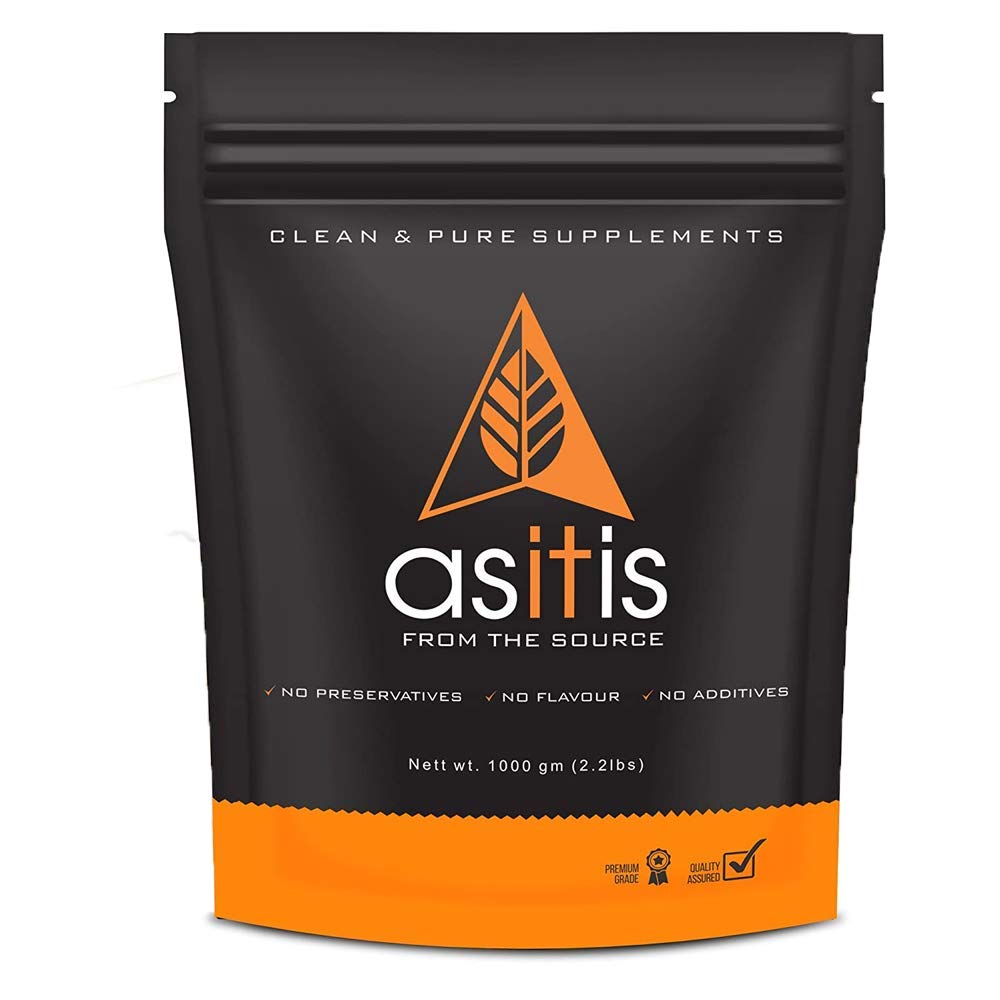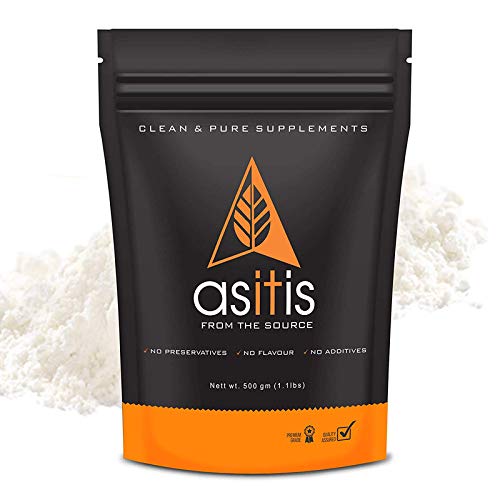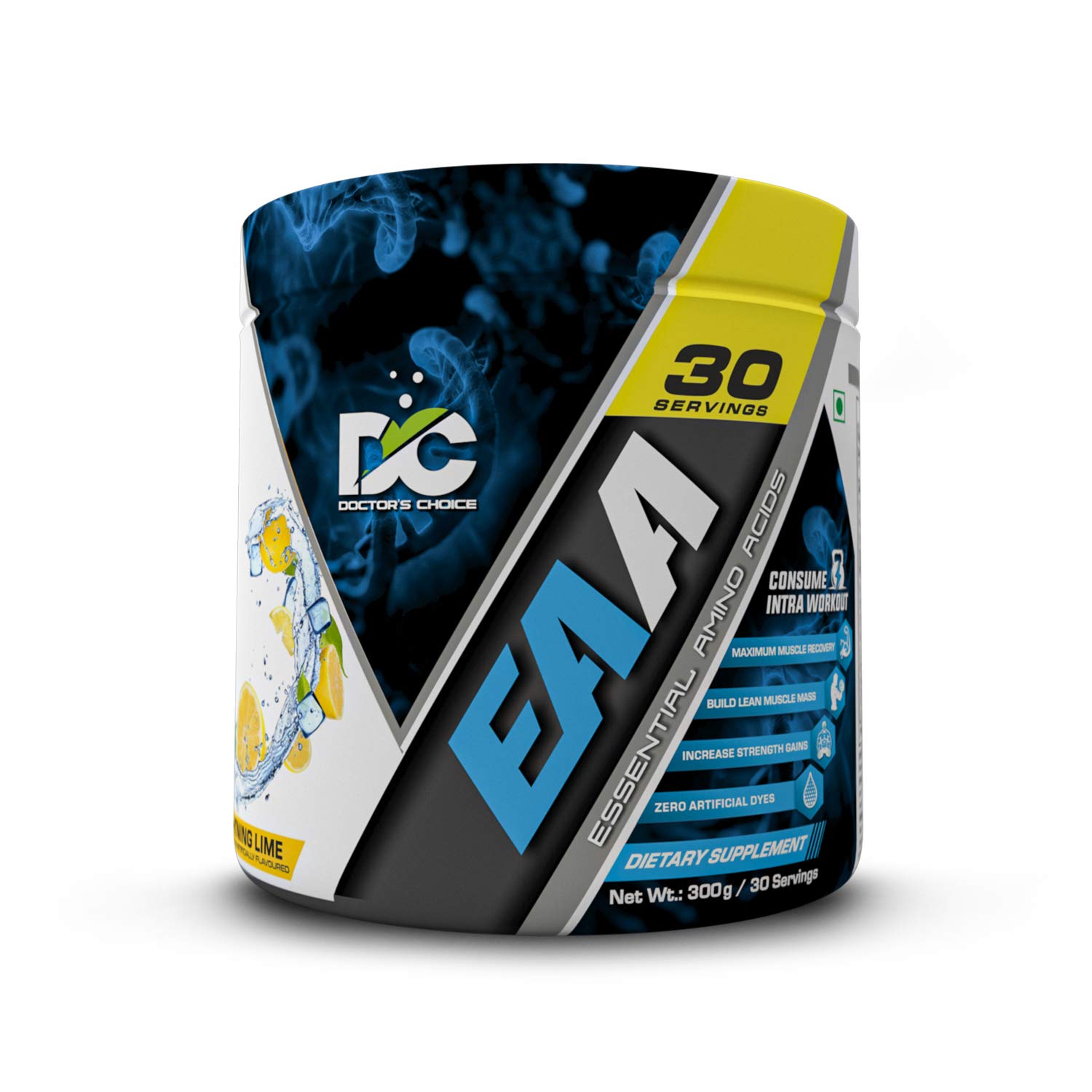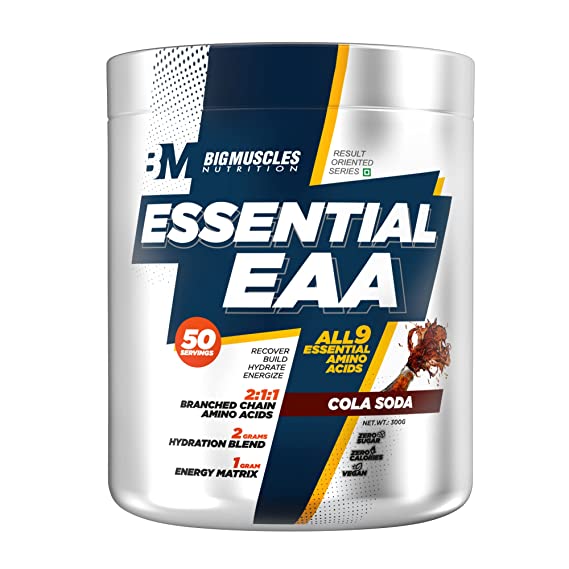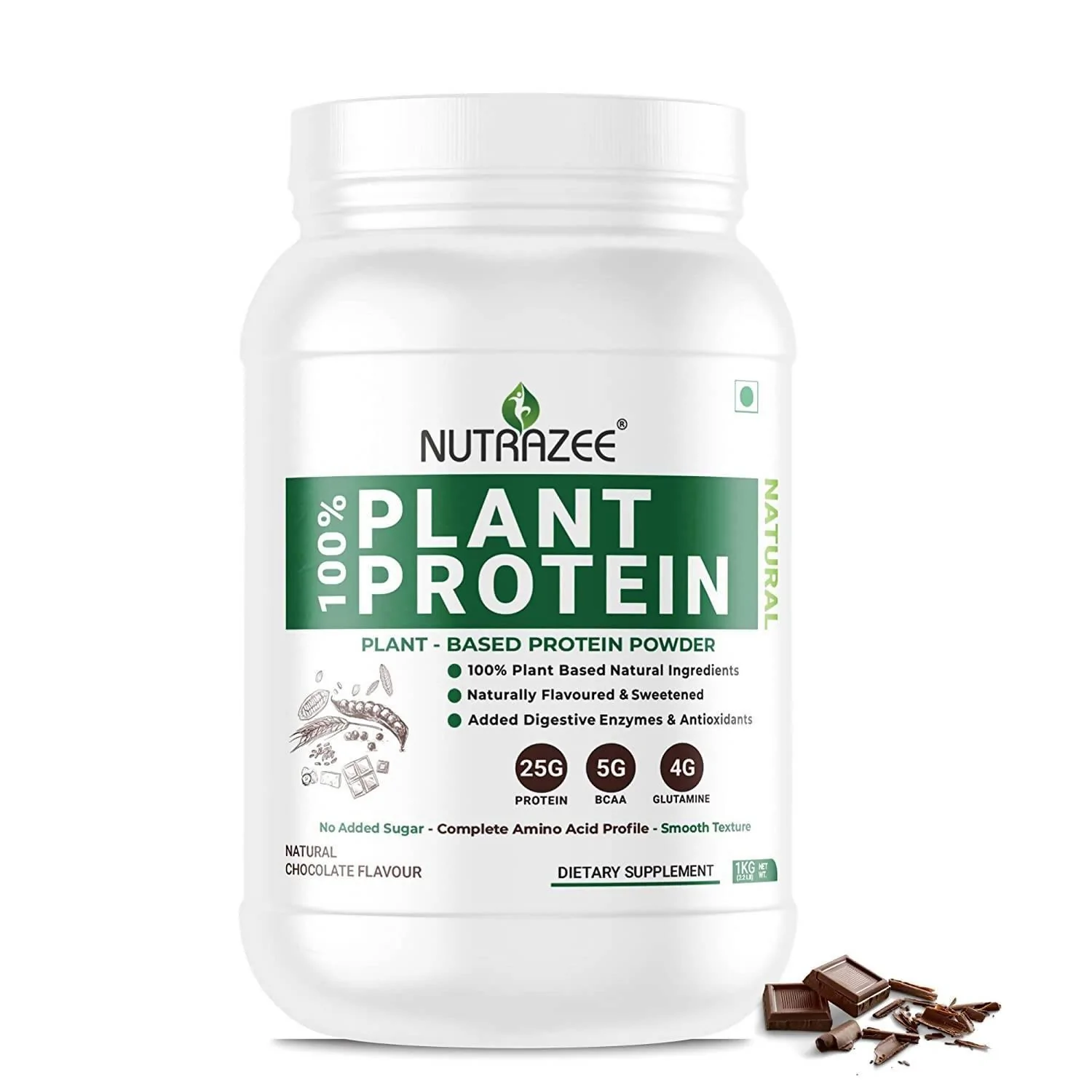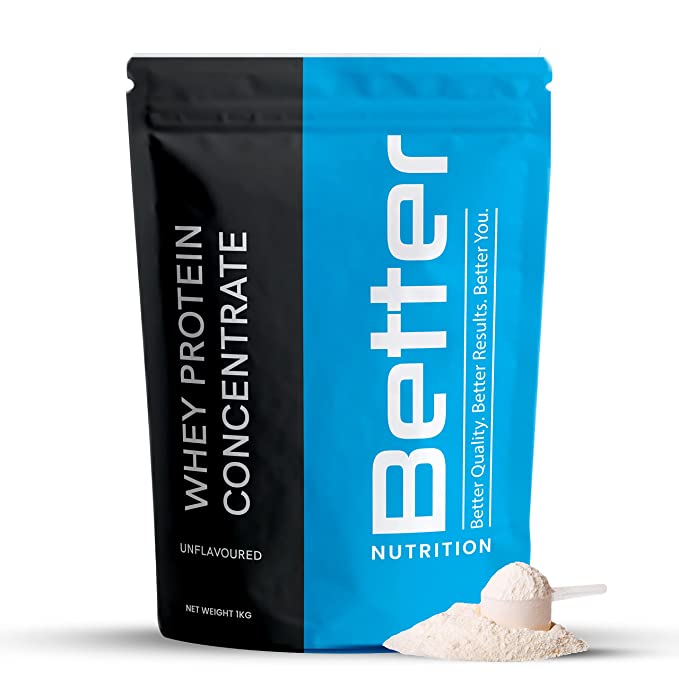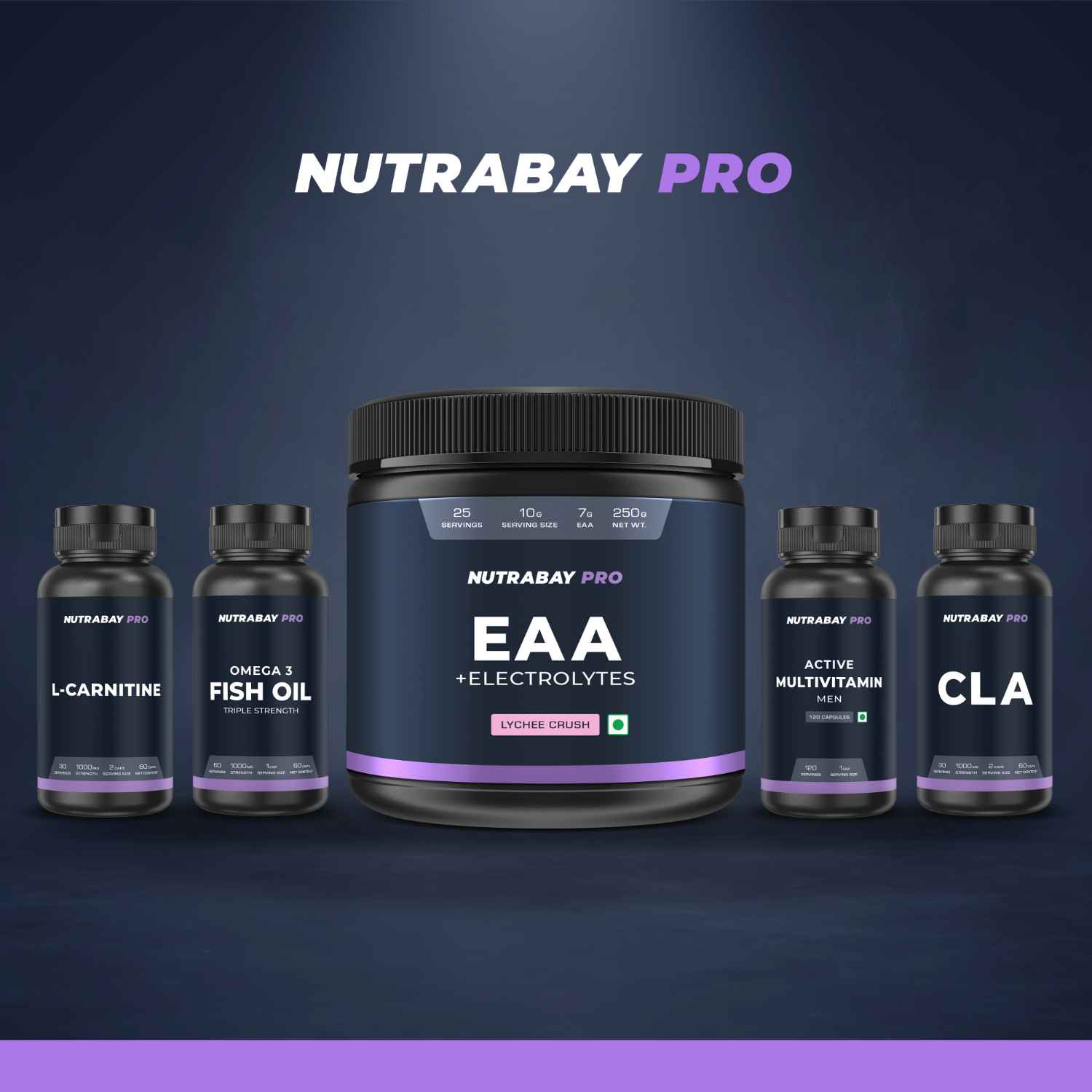L-Phenylalanine
Macronutrient
Last update date: October 11, 2023
L-Phenylalanine is a form of Phenylalanine, an essential amino acid; occurring naturally in many protein-rich foods. Foods such as milk, eggs, and meat. It can cause intellectual disabilities, brain damage, seizures, and other problems in people with Phenylketonuria.
Frequently Asked Questions
1.
What is L-Phenylalanine?
Phenylalanine is an essential amino acid, which means that your body cannot produce it on its own and must obtain it from dietary sources. It exists in three forms: L-, D-, and DL-phenylalanine. L-phenylalanine is the natural form found in protein-rich foods like meat and eggs. It plays a crucial role as one of the building blocks of proteins, contributing to the growth and repair of tissues in your body. D-phenylalanine is not considered essential, and its specific functions are not yet fully understood. DL-phenylalanine is a lab-made combination of both forms.
2.
What is positive impact of L-Phenylalanine?
Phenylalanine has shown potential effectiveness in improving symptoms of vitiligo, a skin disorder characterized by white patches on the skin. Taking L-phenylalanine orally or applying it topically, in combination with UVA light therapy, has demonstrated positive outcomes in managing vitiligo. This combination treatment appears to help repigmentation and reduce the spread of depigmented patches. However, it is important to consult with a healthcare professional before initiating any treatment for vitiligo or any other skin condition.
3.
What is negative impact of L-Phenylalanine?
When consumed in food or used as a short-term medicinal treatment, phenylalanine is generally considered safe. However, some individuals may experience side effects. Possible side effects of consuming L-phenylalanine, D-phenylalanine, or DL-phenylalanine include anxiety, headache, and constipation. It is important to note that these side effects are not common and vary from person to person. When applied topically as a cream, phenylalanine is also considered safe for short-term use. However, as with any medication or treatment, it is advisable to consult with a healthcare professional before using phenylalanine creams or supplements.
4.
Who should avoid L-Phenylalanine?
While phenylalanine is generally safe for most individuals, there is a specific group of people who should avoid or restrict their phenylalanine intake. Individuals with a genetic disorder called phenylketonuria (PKU) have difficulty breaking down phenylalanine properly. For individuals with PKU, it is crucial to strictly limit phenylalanine intake to prevent the accumulation of phenylalanine in the body, which can lead to severe health complications. If you have PKU, it is essential to follow a low-phenylalanine diet as prescribed by your healthcare professional and work closely with a registered dietitian to ensure adequate nutrient intake while managing your condition effectively.
5.
What are common sources of L-Phenylalanine?
Phenylalanine is found naturally in various food sources. Here are some common dietary sources of phenylalanine: Meat: Including beef, pork, lamb, and venison. Poultry: Such as chicken, turkey, duck, and goose. Seafood: Including salmon, trout, tuna, mackerel, shrimp, and lobster. Eggs: Both whole eggs and egg whites are good sources. Dairy Products: Such as milk, cheese, and yogurt. Nuts: Including almonds, pistachios, macadamia nuts, cashews, and walnuts. Seeds: Such as pumpkin seeds, squash seeds, hemp seeds, and sunflower seeds. Nut Butters: Including peanut butter, almond butter, and cashew butter. Incorporating these foods into your diet can help ensure an adequate intake of phenylalanine. However, it is important to maintain a balanced and varied diet to obtain other essential nutrients as well.
6.
Which are symtoms of L-Phenylalanine deficiency?
A deficiency of phenylalanine is rare since it is present in a wide range of foods. However, certain conditions may lead to reduced phenylalanine levels in the body. Phenylketonuria (PKU) is a genetic disorder where the body cannot break down phenylalanine properly. Individuals with PKU must strictly limit their phenylalanine intake to prevent buildup and related health complications. Phenylalanine deficiency can result in decreased production of neurotransmitters like dopamine, norepinephrine, and serotonin, which are important for brain function and mood regulation. This can lead to symptoms such as lethargy, poor memory, and difficulty concentrating. It is crucial for individuals with PKU to follow a low-phenylalanine diet and work closely with healthcare professionals to ensure proper nutrient intake and manage the condition effectively.


